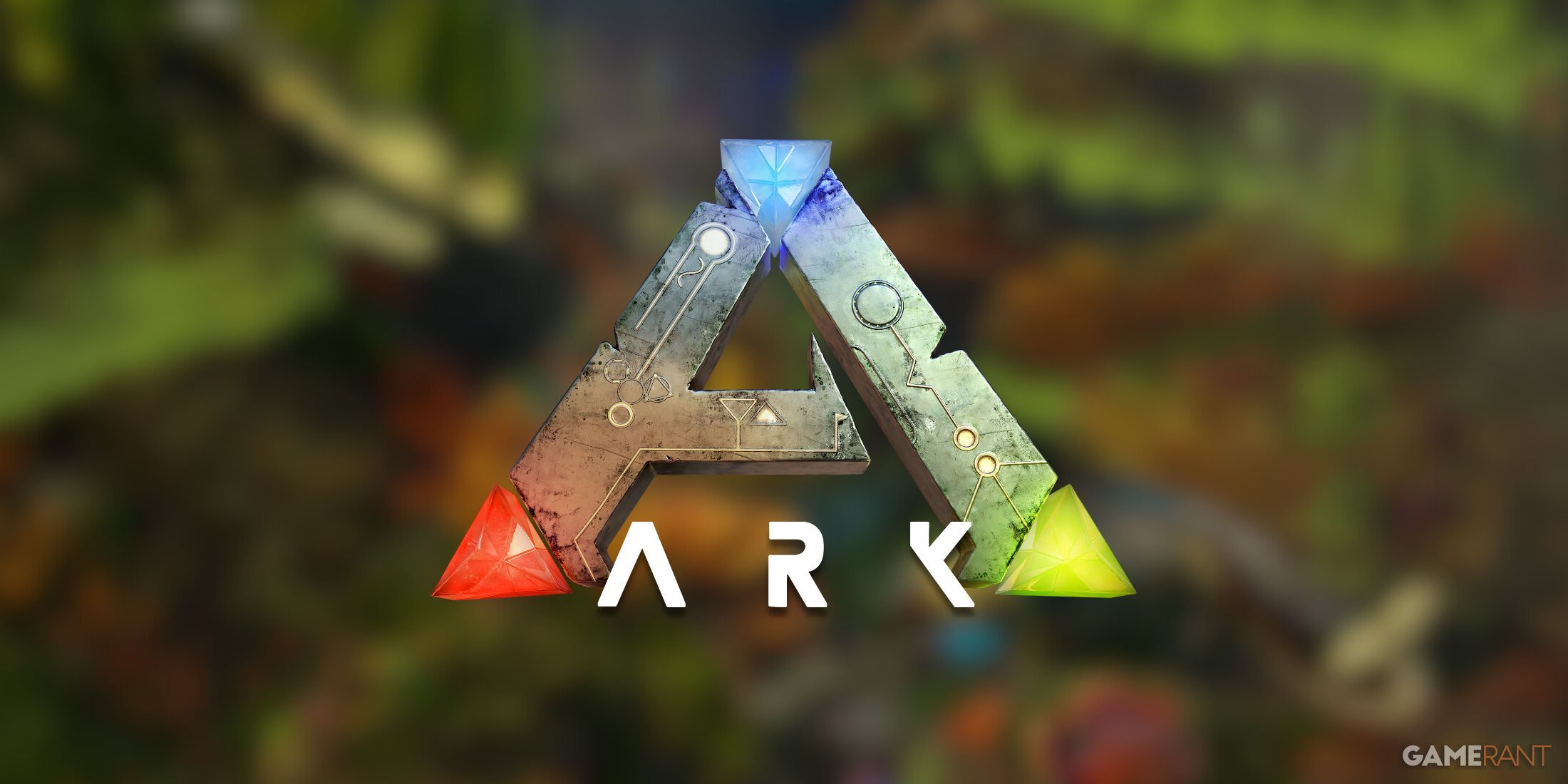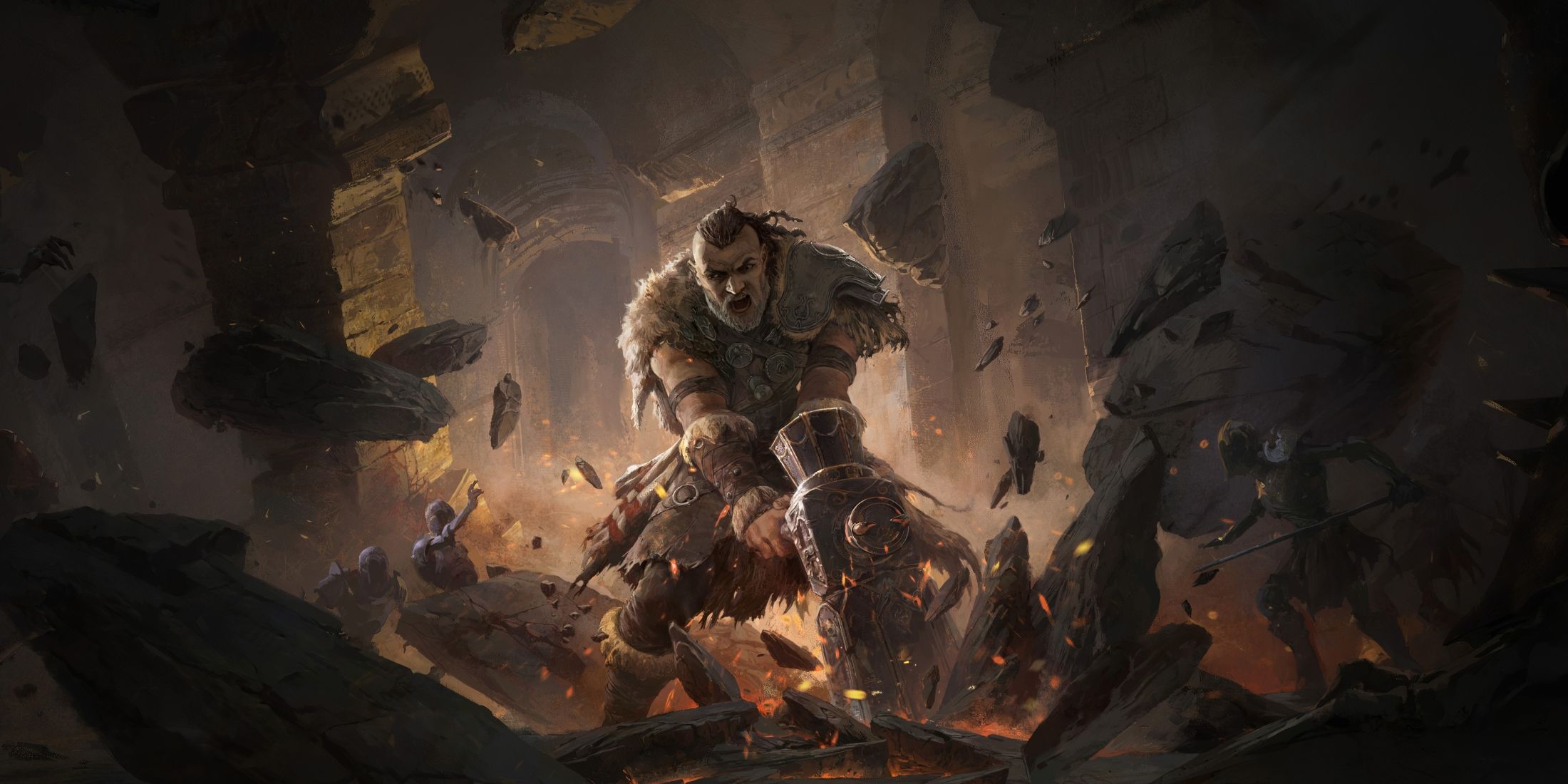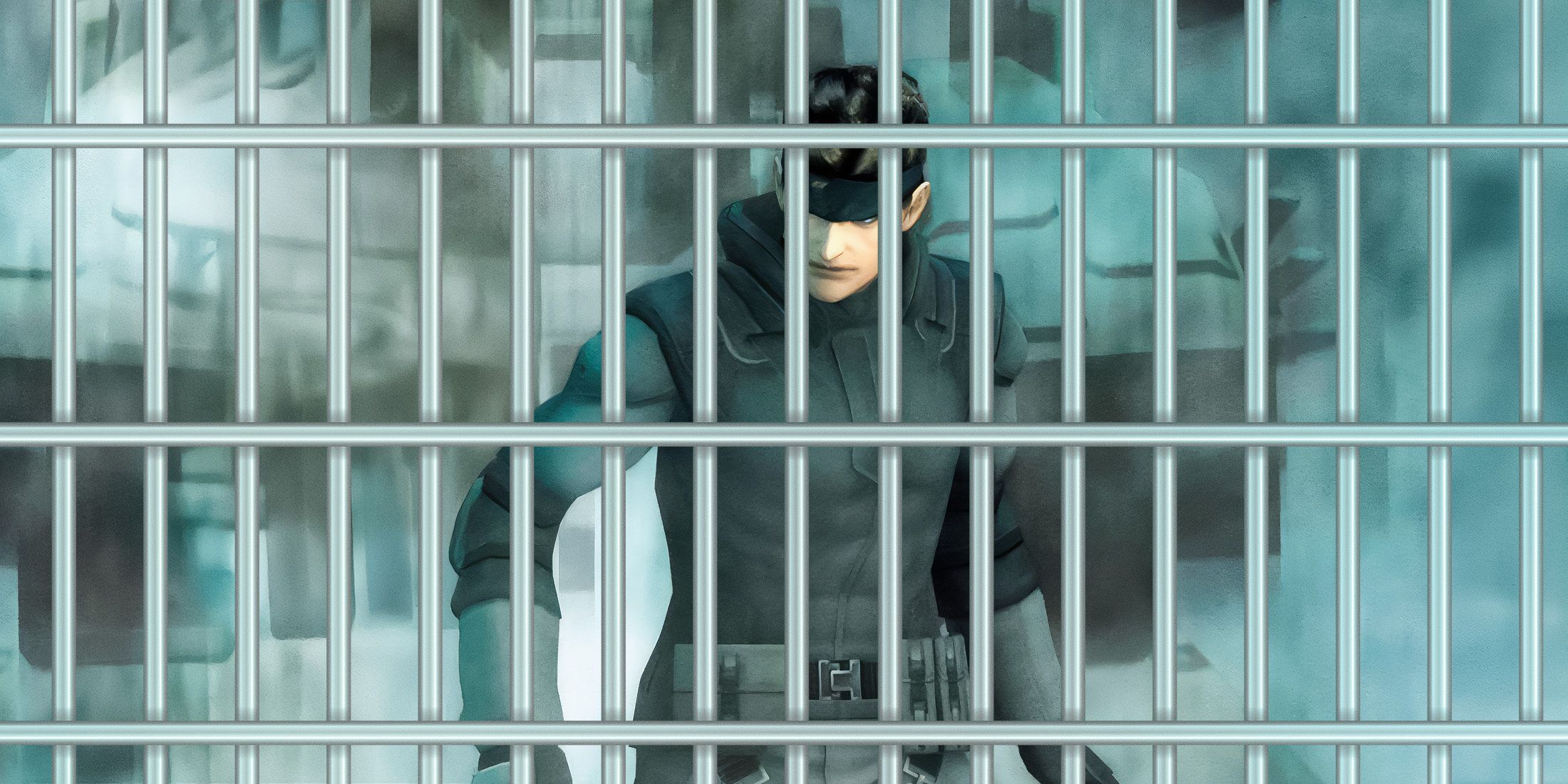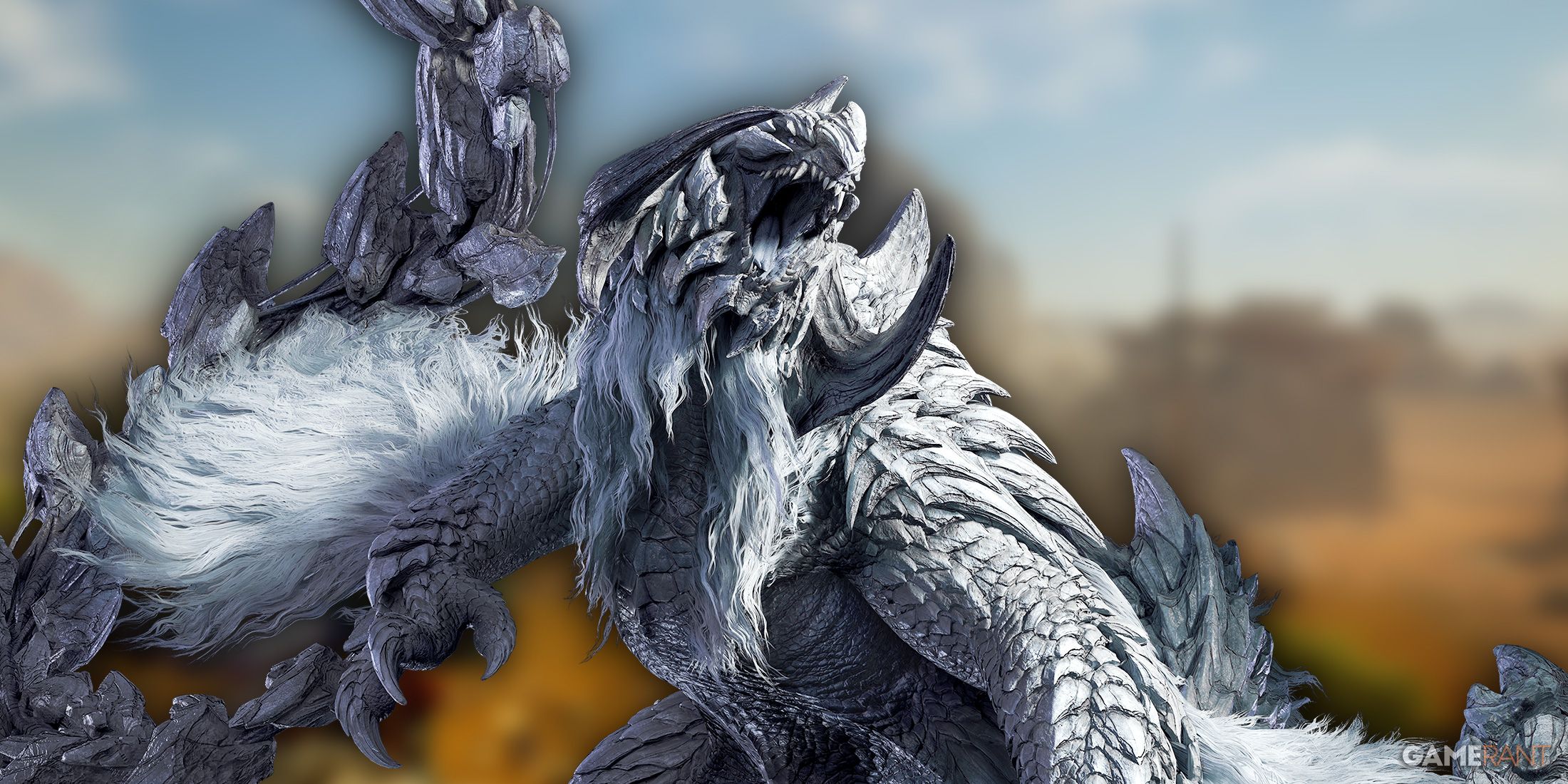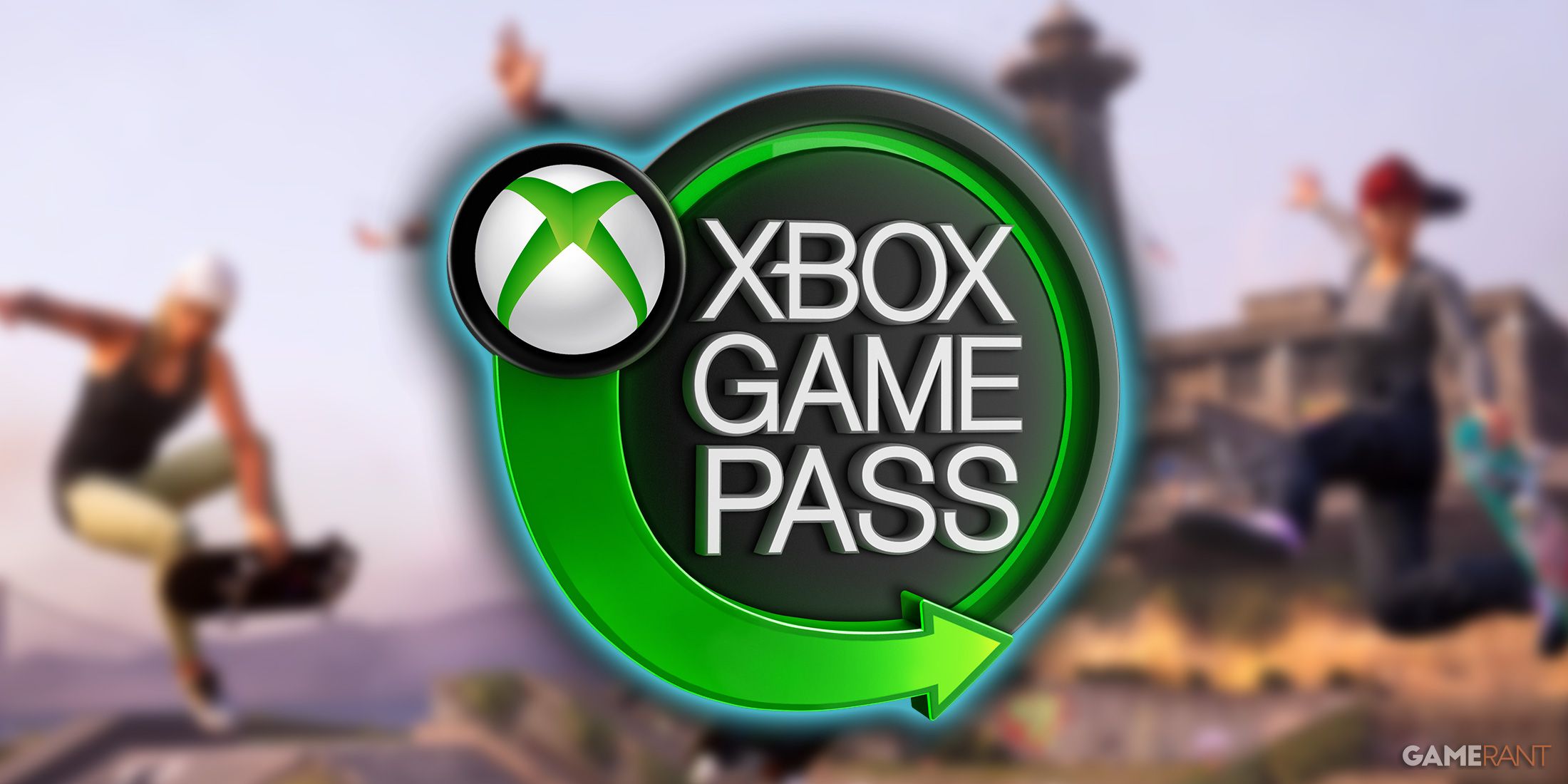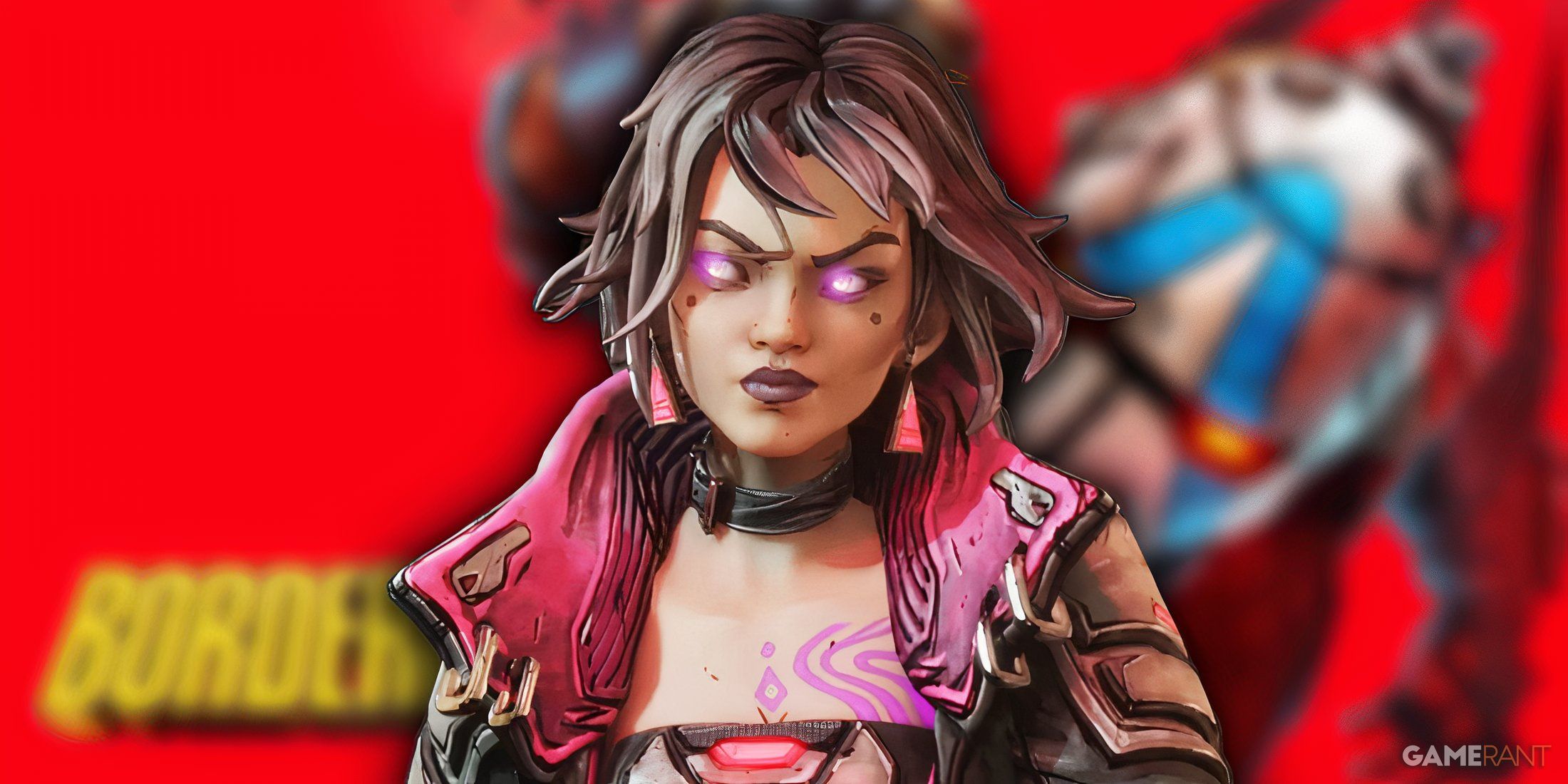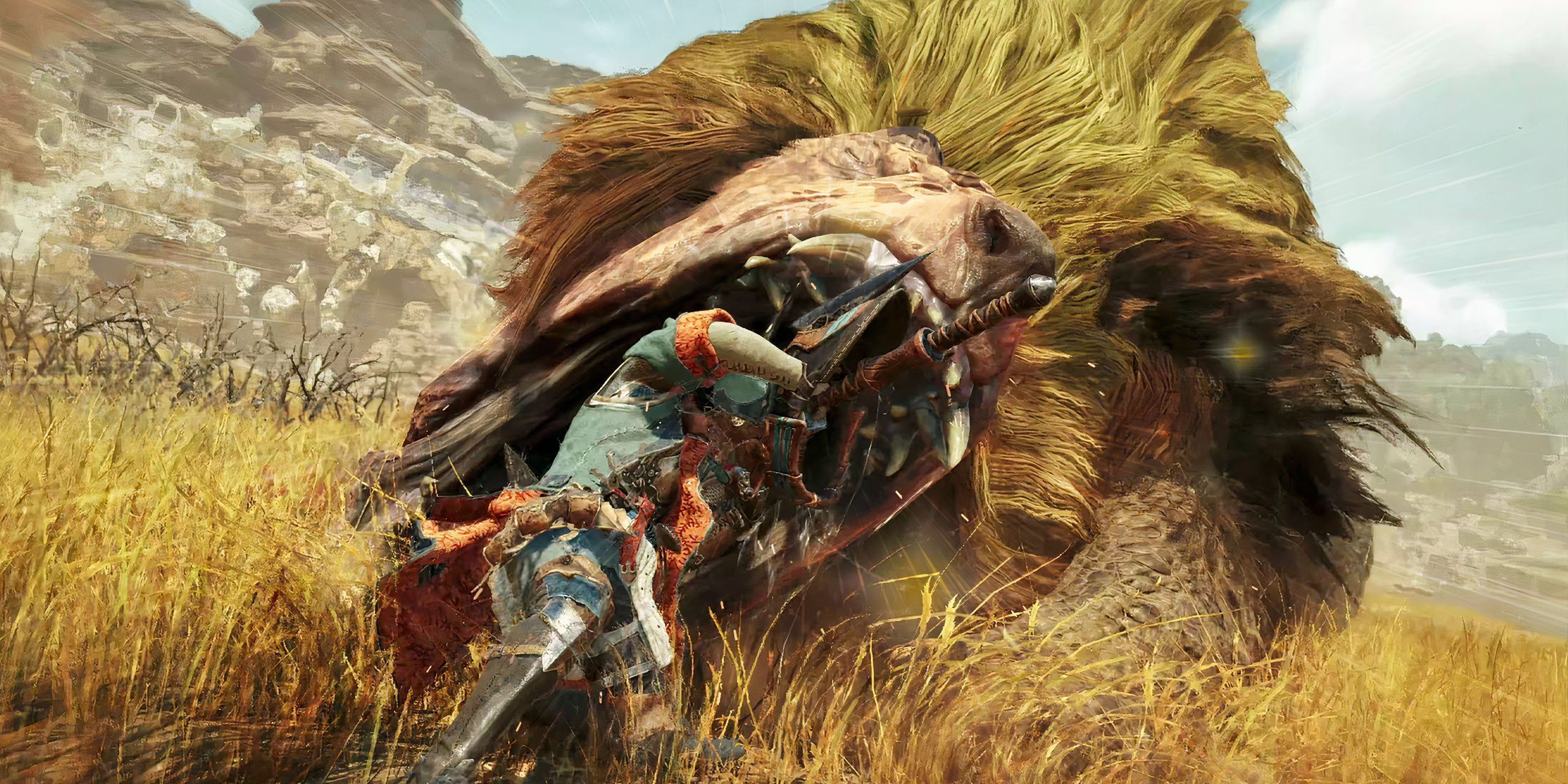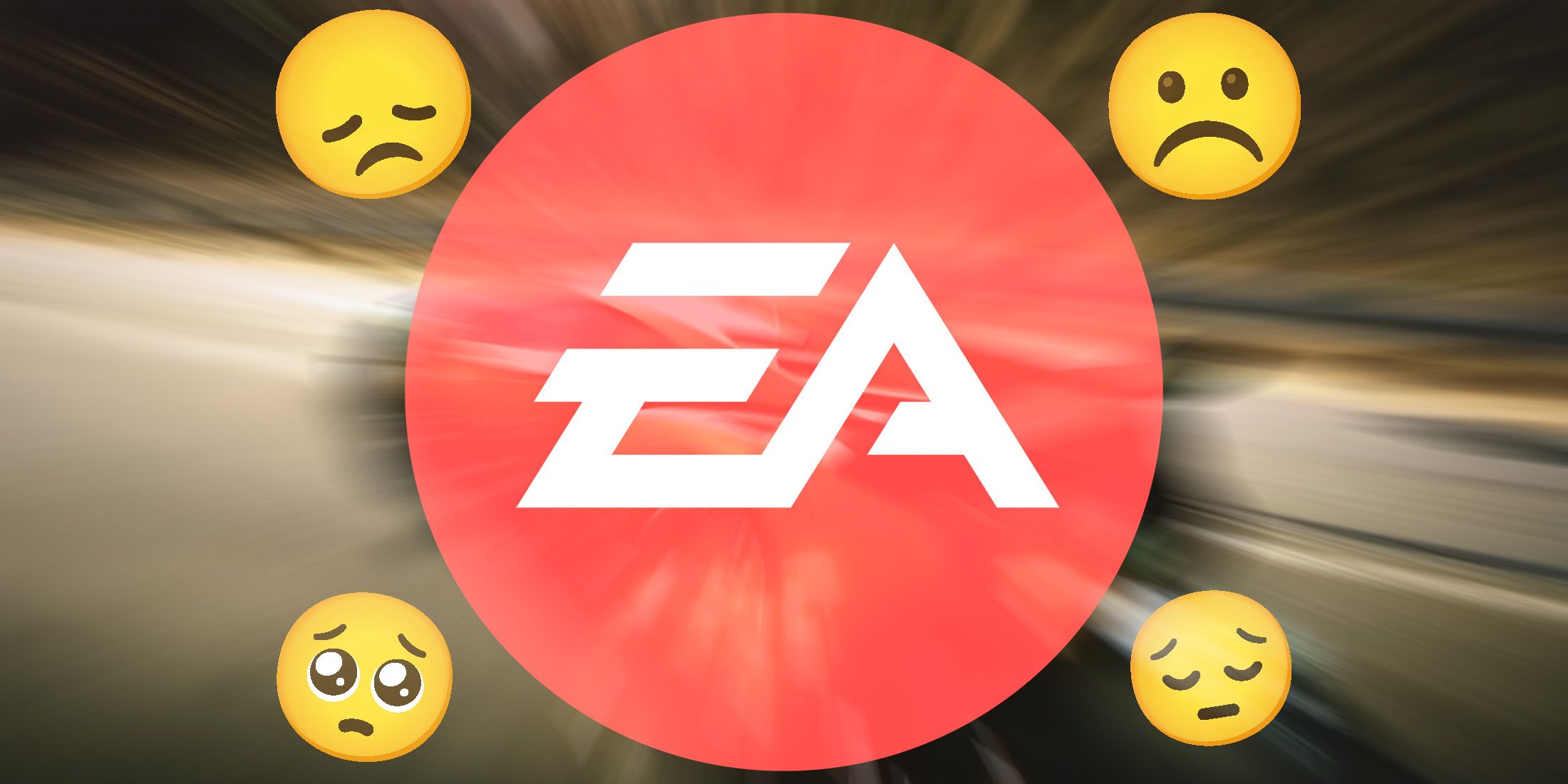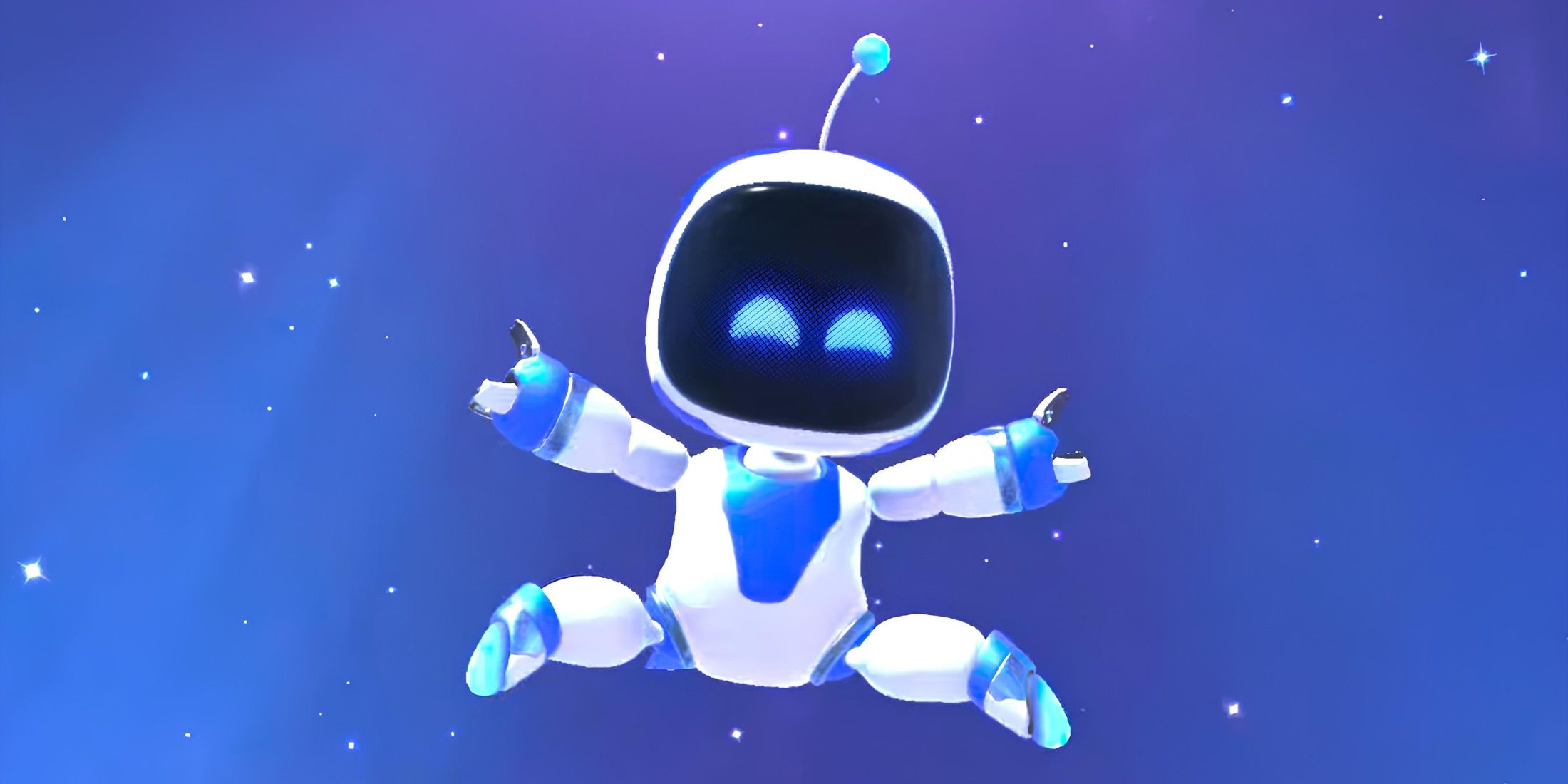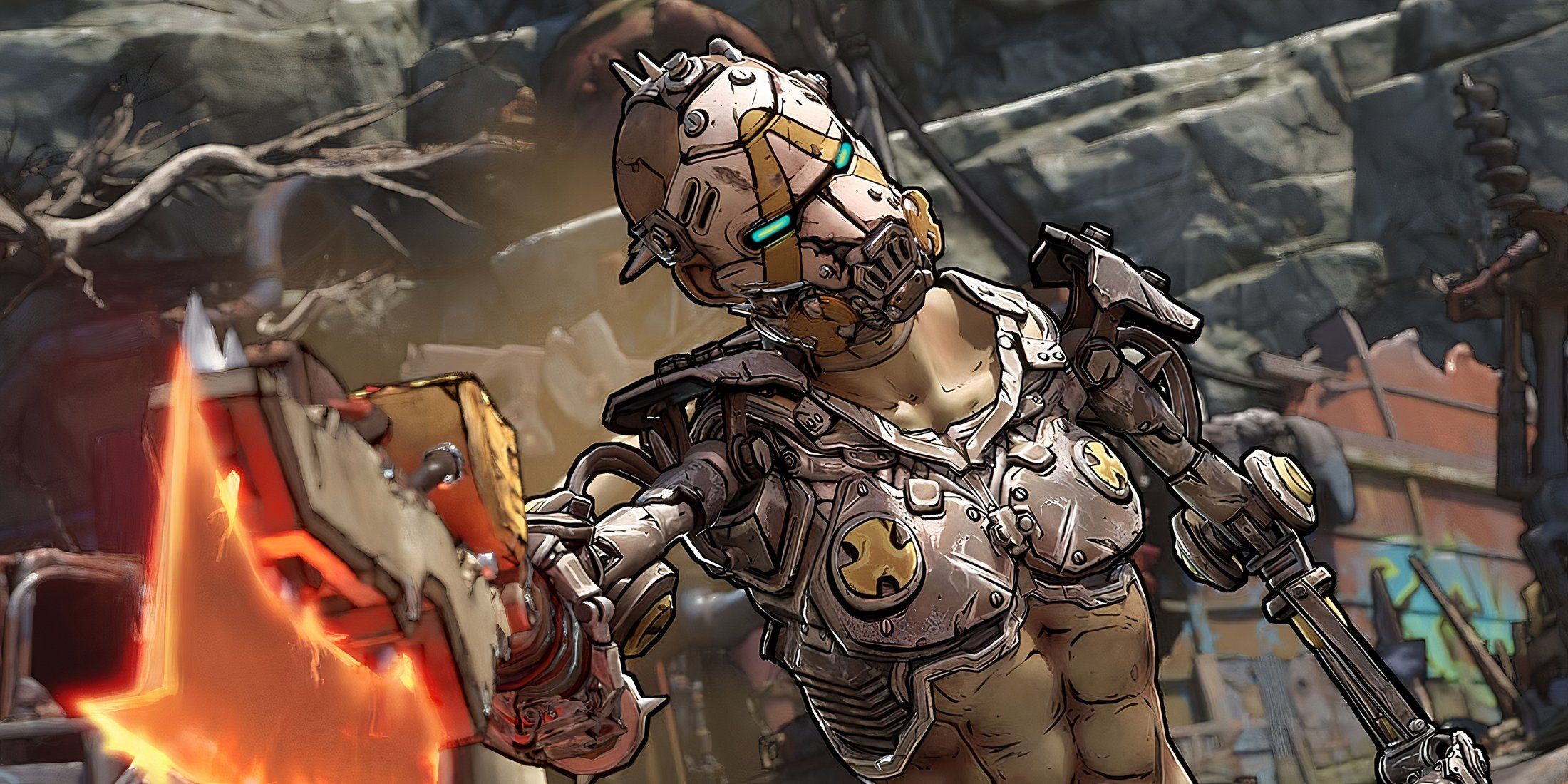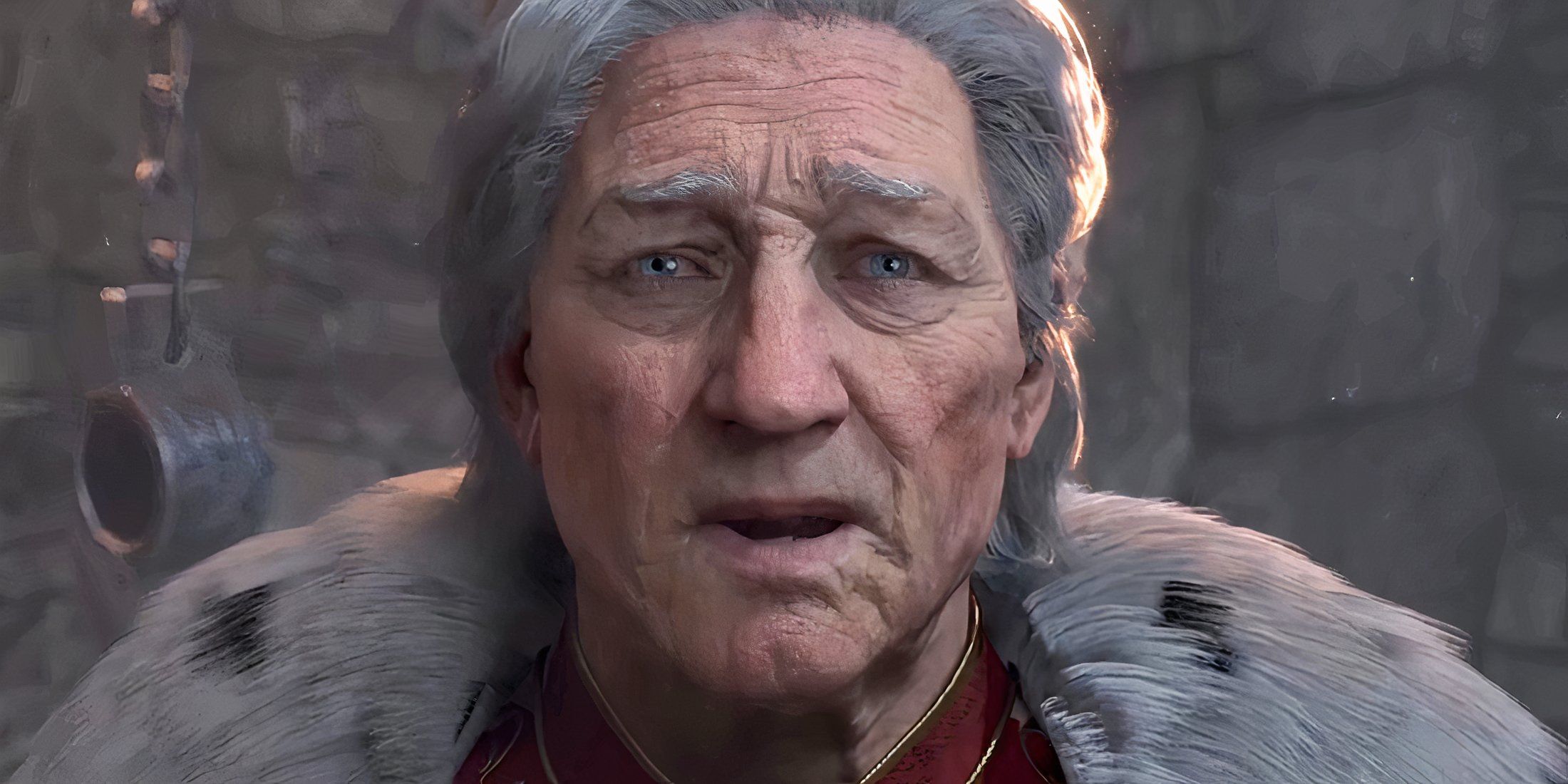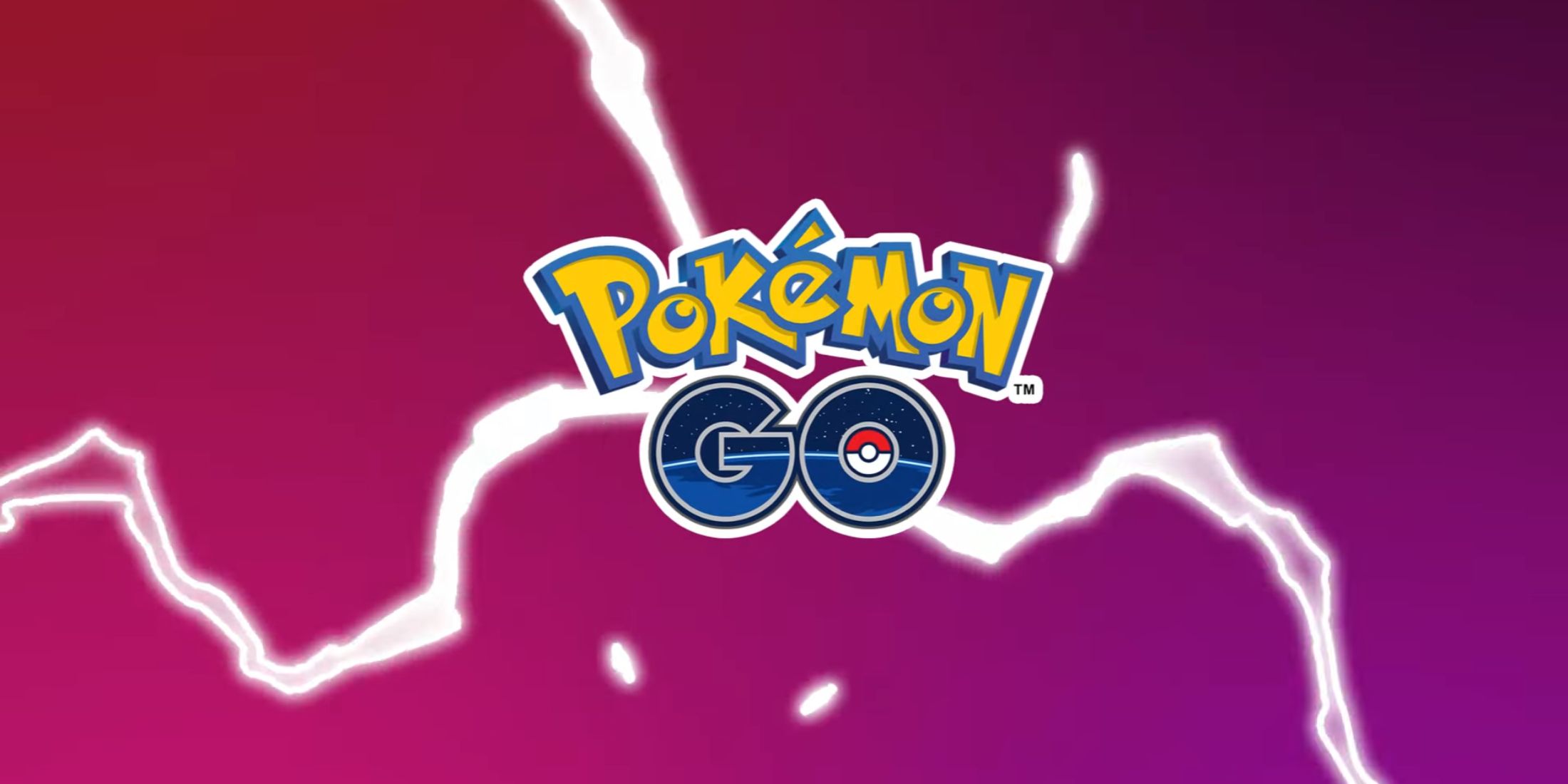
It’s hard to understate how important video games are to veterans. An idle hobby to some is lifesaving, grounding, and even therapeutic for others, especially those who have served overseas in combat zones. I know it is for me, a Navy veteran who finds the worlds of Mass Effect and Resident Evil 4 more approachable than this one sometimes, and I’m not alone. My fellow vets and medical researchers are using video games to treat PTSD, depression, and more, and best of all, it’s working.
Of course, the Covid-19 pandemic doesn’t help matters, since it adds to the isolation we all feel. On one not-so-great day, while I was struggling with Covid-19 and depression, my mother called me. “I wish I could be there and make you soup,” Mom says over the phone. Her mothering is breaking my heart. I say, “Then you’d catch the virus,” and cough out a laugh. I am thinking in contradictions; I haven’t died, but I hope I do die whenever the few hours of sleep I get are broken by heart palpitations, a chilling fever, and memories of trauma. My friend, Dean, just died from the virus. I miss him, and I keep looking forward to seeing his lack of pain. It never comes. “I’m fine,” I lie to her. I’m in my third week of coronavirus. I’ve already thought about jumping out the window three times today. And it’s only 11 am.
Fortunately for me, I’m feeling well enough today to play Mass Effect 2. All I need is a controller and a pillow. I can’t lift my head, but at least I can play. This is how I’ve prevented my own suicide. Otherwise, PTSD and the nearly unbearable effects of the virus would have ended me. For many vets, gaming is much more than just a waste of time—it’s a godsend.

